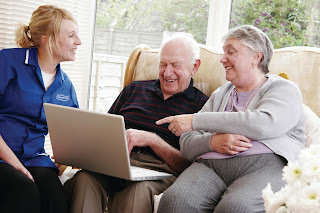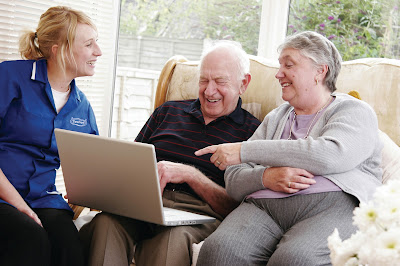To Be Human Is to Choose
A very big part of what it is to be human is that you are able to make choices. And as a very wise person once wrote: even not choosing is a choice. Given that making choices is central to your humanity, is it any wonder that you are angry when you denied your right to choose. Joel Feinberg was an American philosopher. He stated that when you are subjected to paternalistic interference - interference that restricts your freedom to choose - you feel “…violated, invaded, belittled”.
Your Right to Choose Your Care Provider
There are some decisions in life that you have to make that are just so important that your freedom to choose should not be interfered with. That is not to say that you should not seek advice; indeed, that would in many cases be a sensible thing to do. Choosing your care provider, for example, is one of those decisions. Quite rightly, you will feel violated, invaded and belittled if your right to choose is denied.
The good news is that you do have a right to choose who provides your care. This is a right that should not be interfered with. This right to choose exists whether you are funding your own care or you are wholly or partly funded by social services.
Direct Payments
A direct payment is a payment of money from social services directly to you that you will use to meet your care needs. If you qualify for help with funding from social services you will be given a personal budget. The idea behind personal budgets is to give you greater control over how your care needs are met.
If you qualify for support from social services and are allocated a personal budget and you do not fall into a small category of persons (people with certain court orders against them) who are not entitled to direct payments, then, under the Care Act 2014, social services have a duty to provide you with a direct payment where you have requested this.
It Is your Responsibility to Request Direct Payments
Direct payments are all about choice and putting you in control. It is very important to realise that you must request a direct payment. Social services are required to have in place "clear and swift" processes to deal with such requests. Because it is all about choice, you do not have to have a direct payment. You are free to choose. Indeed, if you choose to have a direct payment and decide after a time that it is not for you, changing your mind is perfectly fine. You cannot be forced to have a direct payment. The idea behind direct payments is to enable and empower you. To force direct payments on you would do precisely the opposite.
Direct payments are good news. There is no-one who knows your needs better that you do. You go through life making your decisions, why should it be any different when it comes to choosing something so intimate and personal as care and support.
To repeat the point, making choices is a big part of what it is to be a human being.





